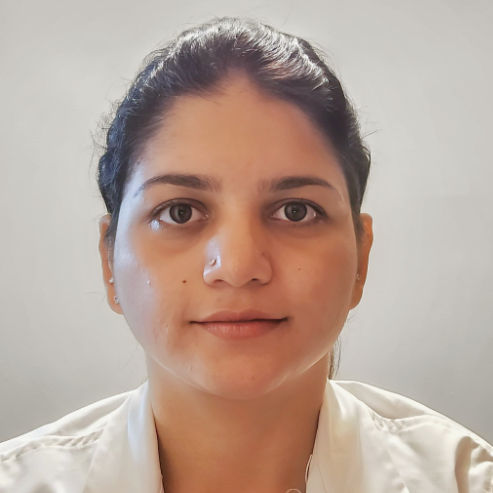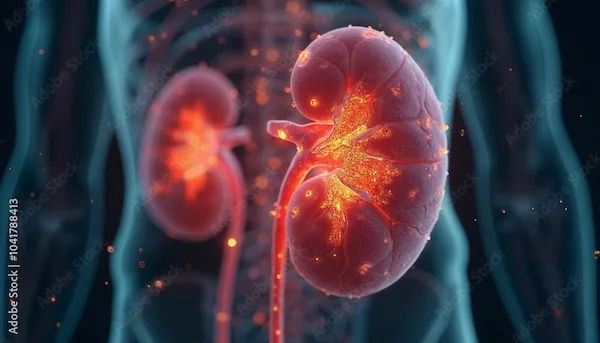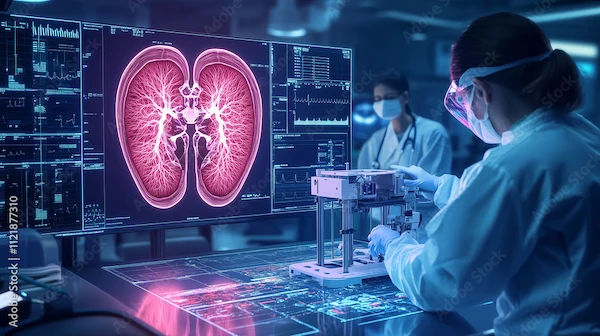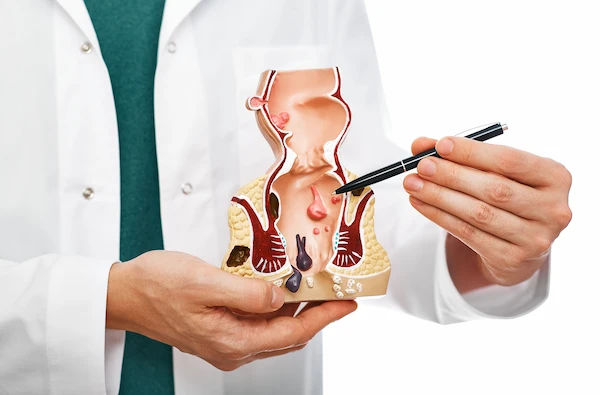Electrolytes Panel Overview and Procedure
Know what is electrolyte panel is, what it includes, what to expect in the test and how to maintain healthy electrolyte levels.

Written by Dr. Shaik Abdul Kalam
Reviewed by Dr. D Bhanu Prakash MBBS, AFIH, Advanced certificate in critical care medicine, Fellowship in critical care medicine
Last updated on 14th Aug, 2025

Electrolytes are essential minerals in your body that help regulate important functions like nerve activity, muscle contractions, hydration, and blood pH levels. An electrolytes panel is a common blood test that measures the levels of these key minerals in your body. If you’ve been feeling exhausted, weak, or experiencing muscle cramps, your doctor may recommend this test to check for imbalances.
In this article, we’ll explain what an electrolytes panel is, why it’s important, what the procedure involves, and how you can maintain healthy electrolyte levels.
What is an Electrolytes Panel?
An electrolytes panel is a blood test that measures the levels of the following minerals in your body:
1. Sodium (Na) – Helps control fluid balance, nerve function, and muscle contractions.
2. Potassium (K) – Essential for heart function, muscle movement, and nerve signals.
3. Chloride (Cl) – Works with sodium to maintain fluid balance and digestion.
4. Bicarbonate (HCO₃) – Helps regulate your body’s acid-base balance (pH).
Consult a General Physician for Personalised Advice
These electrolytes must stay within a healthy range for your body to function properly. Too much or too little of any of them can cause serious health problems.
Why is an Electrolytes Panel Done?
Your doctor may order this test if you:
Have symptoms of an electrolyte imbalance (fatigue, confusion, muscle cramps, irregular heartbeat).
Are dehydrated or overhydrated?
- Have kidney disease, heart disease, or diabetes.
- Are taking medications (like diuretics or blood pressure drugs) that affect electrolyte levels.
- Are you recovering from severe vomiting or diarrhoea.
- This test helps diagnose conditions like:
- Hyponatremia (low sodium) – Causes headaches, confusion, seizures.
- Hyperkalemia (high potassium) – Can lead to dangerous heart rhythms.
- Acidosis or alkalosis – Abnormal blood pH levels affecting organ function.
What to Expect During the Test
The electrolytes panel is a simple blood test with minimal discomfort. Here’s what happens:
Before the Test
- Fasting: Usually not required, but your doctor may ask you to avoid food or certain medications beforehand.
- Hydration: Drink water unless instructed otherwise.
During the Test
1. A healthcare professional will clean your arm (usually near the elbow) with an antiseptic.
2. A small needle is inserted into a vein to draw a blood sample.
3. The blood is collected in a tube and sent to a lab for analysis.
4. The whole process takes just a few minutes.
After the Test
- You may have slight bruising or soreness at the needle site, which goes away quickly.
- You can resume normal activities immediately.
- Results are usually available within a day or two. Your doctor will explain them and suggest treatment if needed.
How to Maintain Healthy Electrolyte Levels?
If your test shows an imbalance, your doctor may recommend dietary changes or supplements. Here are some general tips:
1. Stay Hydrated
- Drink enough water (about 8-10 glasses daily), especially in hot weather or after exercise.
- Avoid excessive alcohol or caffeine, which can dehydrate you.
2. Eat Electrolyte-Rich Foods
- Sodium: Table salt (in moderation), pickles, broth.
- Potassium: Bananas, oranges, spinach, sweet potatoes.
- Chloride: Seaweed, olives, rye bread.
- Bicarbonate: Fruits, vegetables, whole grains.
3. Monitor Medications
Some blood pressure pills, diuretics, and laxatives can affect electrolytes. Always check with your doctor.
4. Replenish After Exercise
If you sweat a lot, consider sports drinks (in moderation) or coconut water to restore lost electrolytes.
5. Seek Medical Advice for Symptoms
If you experience severe muscle cramps, dizziness, irregular heartbeat, or confusion, consult a doctor immediately.
When to Book an Electrolytes Panel?
If you’re experiencing symptoms of an imbalance or have a chronic condition affecting electrolytes, talk to your doctor. You can easily book an electrolytes panel test through Apollo 24|7 for a quick and accurate check-up.
Final Thoughts
Electrolytes play a crucial role in keeping your body functioning smoothly. An electrolytes panel is a simple yet powerful test to detect imbalances early and prevent complications. By staying hydrated, eating a balanced diet, and monitoring your health, you can maintain optimal electrolyte levels.
Consult a General Physician for Personalised Advice
Consult a General Physician for Personalised Advice

Dr. Rajib Ghose
General Practitioner
25 Years • MBBS
East Midnapore
VIVEKANANDA SEBA SADAN, East Midnapore

Dr G Prathyusha
General Physician/ Internal Medicine Specialist
5 Years • MBBS DNB (Family medicine), CCEBDM (Diabetology), PGDGM (Geriatrics), Primary care Rheumatologist.
Bengaluru
PRESTIGE SHANTHINIKETAN - SOCIETY CLINIC, Bengaluru

Dr. Rajib Ghose
General Physician/ Internal Medicine Specialist
26 Years • MBBS
Kolkata
B Ghose Foundation Doctor's Chamber, Kolkata
(25+ Patients)

Dr Bhumika Lalwani
General Surgeon
4 Years • MBBS MS
Bengaluru
PRESTIGE SHANTHINIKETAN - SOCIETY CLINIC, Bengaluru

Dr. Ashita Kuruvilla
General Practitioner
6 Years • MBBS
Kolkata
KVC CLINIC, Kolkata




